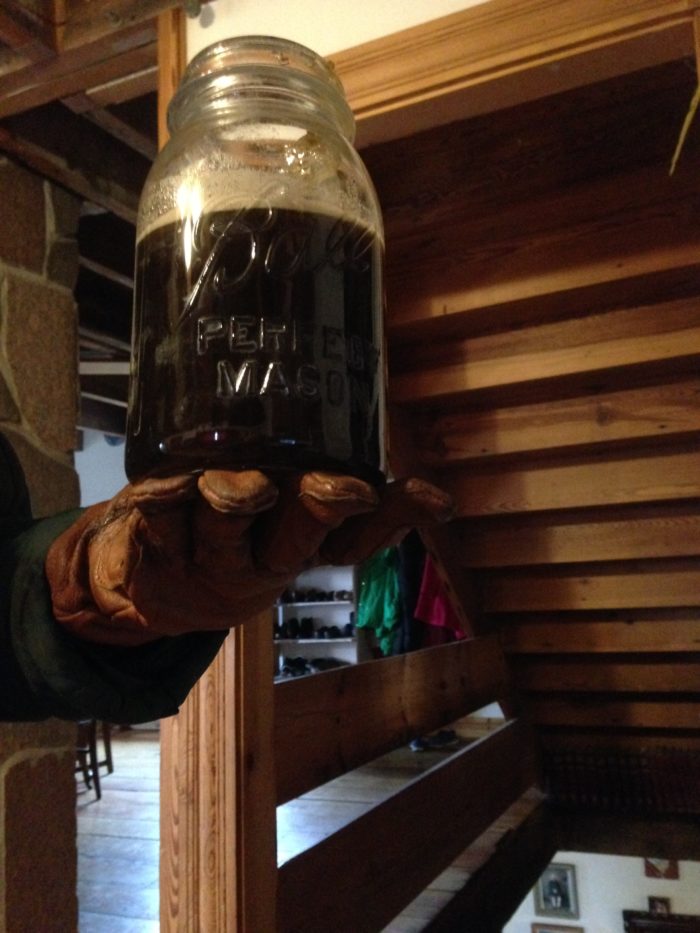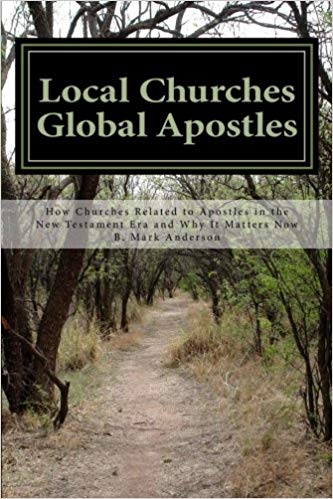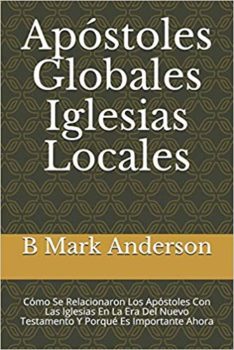
When I served as an intern at a Lutheran Church in Le Center, Minnesota, I did not get along well with the pastor. He looked askance at me for starting a jail ministry. Most of the people, however, liked me. One even compared me to Billy Graham!
Toward the end of my term in Le Center I started a community-wide youth group—without telling the pastor. We called it “Inter-team” and met around a campfire at night. It was exciting! When summer arrived, I left Le Center and went back to Luther Seminary.
But God started convicting me. The problems I created with the pastor were at least partially my fault. I was rebellious, doing the “right thing” with the wrong attitude. As hard as it was, I had to call Pastor Bill, confess my fault, and ask his forgiveness. He graciously forgave.
Immediately, God increased my ministry. Folks from another church called that same week, asking for advice. I was able to give wise counsel.
Because I had worked out my relationship with an authority figure, I became able to solve many church problems.
In the days of coronavirus-19, many are considering the role of civil government in society. Are the various lockdowns violating the constitution? Should churches follow state guidelines?
This article purposes to help us think biblically about authority. Where does authority come from? What are the realms of authority that God has established? How does one realm of authority relate to another? How do church and state relate to each other?
Confusion exists unless we understand some basic foundational truths.
Foundational Truth Number One: All Authority Comes from God
All authority comes from the Creator. Christians with a biblical worldview can agree on this.
For by Him [Christ Jesus] all things were created, both in the heavens and on earth, visible and invisible, whether thrones or dominions or rulers or authorities– all things have been created through Him and for Him (Col 1:16 NASB).
All authority in heaven and on earth has been given to Me [Jesus] (Mat 28:18).
Foundational Truth Number 2: God Has Established 4 Realms of Authority—Family, Church, State, Business
Family—Gen 2-3; My son, observe the commandment of your father, And do not forsake the teaching of your mother (Prov 6:20).
Church–Obey your leaders and submit to them, for they keep watch over your souls as those who will give an account. Let them do this with joy and not with grief, for this would be unprofitable for you (Heb 13:17).
Business–Servants, obey in all things them that are your masters according to the flesh; not with eye-service, as men-pleasers, but in singleness of heart, fearing the Lord (Col 3:22 ASV)
State–Submit yourselves for the Lord’s sake to every human institution, whether to a king as the one in authority, or to governors as sent by him for the punishment of evildoers and the praise of those who do right (1 Pet 2:13,14).
Foundational Truth Number 3: God Has Delegated Some of His Authority to Each of These Realms
These spheres are complementary, not hierarchical. In other words, one is not “over” another. Neither is the list in order of importance. Each is significant in itself.
Ideally, each realm should support and strengthen the others for the purpose of peace in society (1 Tim 2:1ff).
Foundational Truth Number Four: When One Realm Usurps Power Over Another, the Others are Mandated to Rise Up and Restore God’s Intended Balance
Here are a couple of examples from the Bible.
- When the Senate (the ruling council among Jews at the time) over extended their authority and said, “We gave you strict orders not to teach in this name; Yet you have filled Jerusalem with your teaching and are determined to make us responsible for this man’s blood.” But Peter and the other apostles replied, ‘We must obey God rather than men.’
- But the midwives feared God, and did not do as the king of Egypt had commanded them, but let the boys live (Ex 1:17). Then God backed up the midwives and honored them by giving them families of their own (Ex 1:21).
Foundational Truth Number Five: God Honors His Realms of Authority
This principle is succinctly stated in Psalm 75:7 But God is the Judge; He puts down one and exalts another.
When Realms of Authorities that God has established disagree, what do we do?
First, we need to check our attitude. During my life, I’ve had many conflicts with authority in family, church, business, and civil government. Often, I have had to realize my own attitude was wrong. I’ve had to repent. And sometimes apologize. (Fortunately, I’m not as bad as I once was!)
Foundational Truth Number Six: God Uses Conflicts with Authority to Purify Us
God has ordained these types of conflicts to humble us and cause us to seek Him. God uses conflicts with authority to transform us. As we submit our attitude to Him, we find grace to become more Christ-like.
So What Do We Do?
Let me suggest a sequence. Prayer, check attitude, Holy Spirit guidance, Godly appeal, and perhaps–pay the consequences.
Sometimes prayer and a changed attitude will resolve a conflict. If that doesn’t work, perhaps God will lead us to make an appeal to an authority figure or group. (How to make a God-pleasing appeal is vitally important; however, that is a topic for another time.)
When authority groups engage in conflict, the Holy Spirit is our guide. God has promised the Spirit will guide us into all truth.
Ultimately, however, we may have to suffer the consequences. Think of Jeremiah in the cistern or David fleeing from King Saul. Some of the greatest heroes of the faith are honored today because of their faith and courage to take a stand for God.














